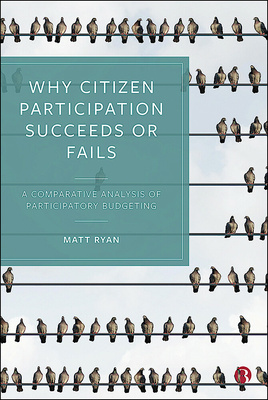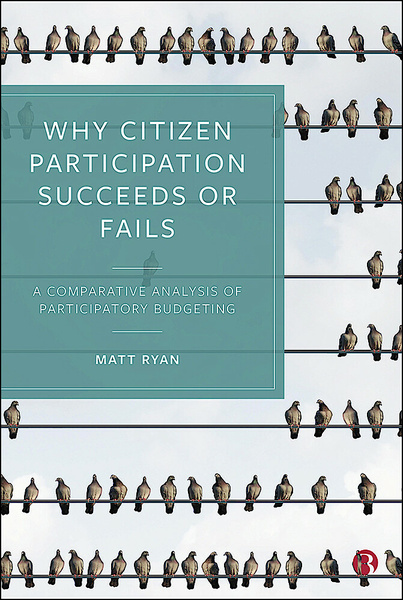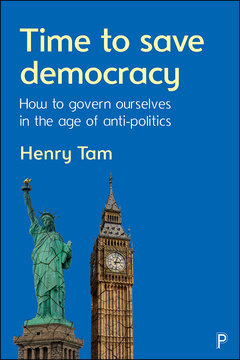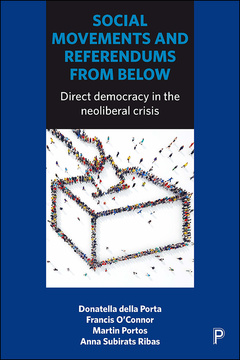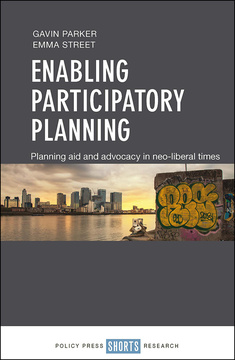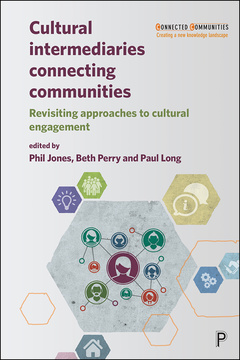Why Citizen Participation Succeeds or Fails
A Comparative Analysis of Participatory Budgeting
By Matt Ryan
Published
Jul 15, 2021Page count
242 pagesISBN
978-1529209921Dimensions
234 x 156 mmImprint
Bristol University PressPublished
Jul 15, 2021Page count
242 pagesISBN
978-1529209945Dimensions
234 x 156 mmImprint
Bristol University PressPublished
Jul 15, 2021Page count
242 pagesISBN
978-1529209945Dimensions
234 x 156 mmImprint
Bristol University PressMatt Ryan’s landmark comparative review of participatory budgeting, or collective decisions on how public money is spent, reveals the factors behind its success in achieving democratic engagement.
The culmination of ten years of research into participation, this is a systematic analysis of how, when and why citizens gain control over these important decisions. Comparing global examples of both positive change and notable failure, the book provides persuasive evidence and guidance for future public involvement in taxation and spending.
For advocates and participants of democratic reform and those with interests across political science, this is an essential guide to one of the most significant democratic innovations of our times.
Matt Ryan is Associate Professor in Governance and Public Policy at the University of Southampton and a UK Research and Innovation Future Leaders Fellow. He is founding Co-Director of the Centre for Democratic Futures, and Policy Director at the Web Science Institute.
Part I
1. Understanding Participation as a Response to Democratic Deficits
2. Participatory Budgeting: How Do We Understand Exceptional Democracy?
3. From Exceptions to Cases of a Participatory Budgeting Phenomenon
Part II
4. Comparing Participation Using Qualitative Comparative Analysis
5. What Participatory Democrats Expect
Part III
6. Necessary Conditions for Democratic Reform
7. Success: How Citizen Control of Politics is Achieved
8. How Citizen Control of Politics is Negated, and the Puzzles that Remain
9. Conclusion: Democratic Innovations after the Beginning







